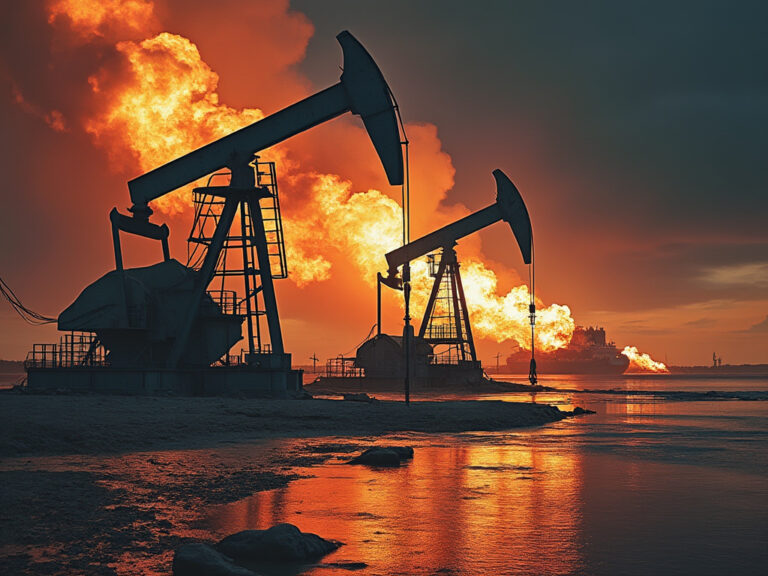
Oil prices rose on Tuesday due to the ongoing conflict between Iran and Israel, though key oil and gas infrastructure has largely remained unaffected.
Brent crude was up $1.49, or 2.03%, to $74.72 a barrel by 1315 GMT, while U.S. West Texas Intermediate crude rose $1.28, or 1.78%, to $73.05.
Both benchmarks climbed more than 2% earlier in the day but moved lower during volatile trade before rebounding.
Iran suspended part of its gas production at the South Pars field, shared with Qatar, after an Israeli strike caused a fire. Another Israeli strike targeted Iran’s Shahran oil depot.
Despite the tensions, oil flows have not been significantly disrupted, and the Strait of Hormuz remains open. A collision between two oil tankers near the strait on Tuesday, amid rising electronic interference, has added to concerns for shipping activity in the region.
The International Energy Agency lowered its global oil demand forecast by 20,000 barrels per day and raised the supply forecast by 200,000 barrels per day, now expecting a supply increase of 1.8 million bpd.
Investors are also watching interest rate decisions from central banks, with the U.S. Federal Reserve scheduled to discuss rates later in the day.
